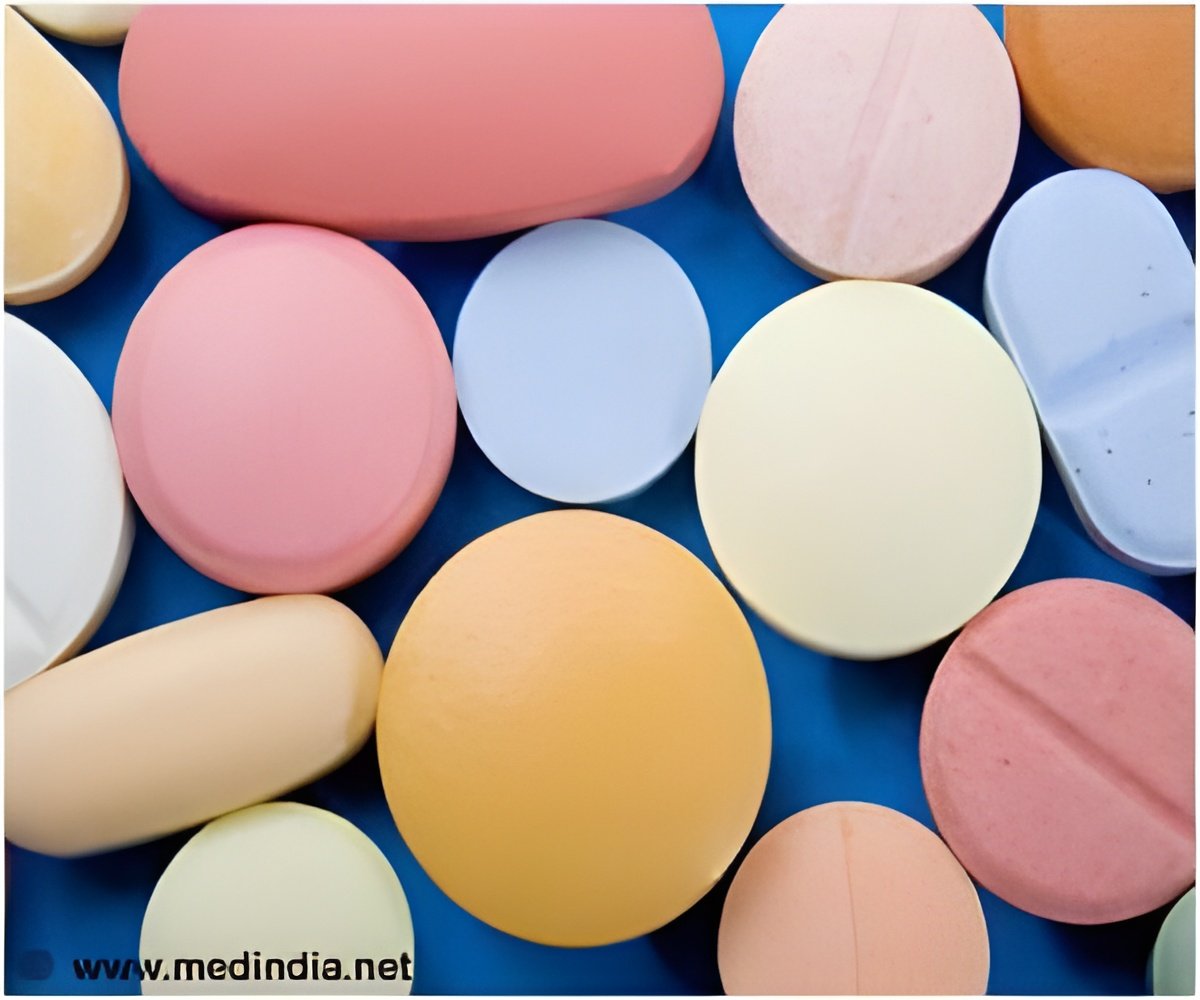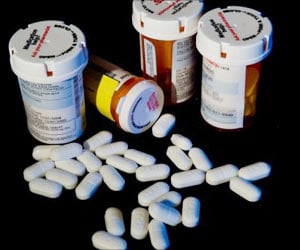
No evidence of harm or lack of effectiveness in the medicines was noted by the concerned scientific committee, he said. The committee believed that GVK Biosciences provided inaccurate data. Onestini said, "This procedure is necessary for both ensuring patient safety and retaining the credibility of the robust EU marketing authorization system. Similar necessary suspensions have occurred in different countries in the past."
The EU was keen to continue work towards a successful conclusion of its proposed free trade agreement (FTA) with India, he added. Onestini said EU hoped "a solution will be found to the current deferral", on India deferring the talks between chief trade negotiations.
According to EMA, an inspection of GVK Biosciences' site at Hyderabad in January this year by French medicine agency (ANSM) had found "data manipulations of electrocardiograms (ECGs) during the conduct of some studies of generic medicines which appeared to have taken place over a period of at least five years". However, the EU did not plan to recall the medicinal products, many of which were still being sold in the European markets, another EU official said.
The national authorities of EU member states take the decision on whether a medicine is critical for patients or not. Companies are given 12 months to give additional data for medicines considered critical. The ban could only be removed after a new round of inspection on the basis of a bioequivalence study conducted in relation to the EU Reference Medicinal Product, said an EU official.
"This means marketing authorization holders have to conduct new bioequivalence studies, which many have already completed, so that the suspension for some will not be required, because marketing authorization holders may have successfully completed the required bioequivalence study and therewith fulfill the conditions for lifting of the suspension. This is about reliability of some of the clinical records performed at one particular clinical trial site," said the official.
Advertisement
Source-Medindia











